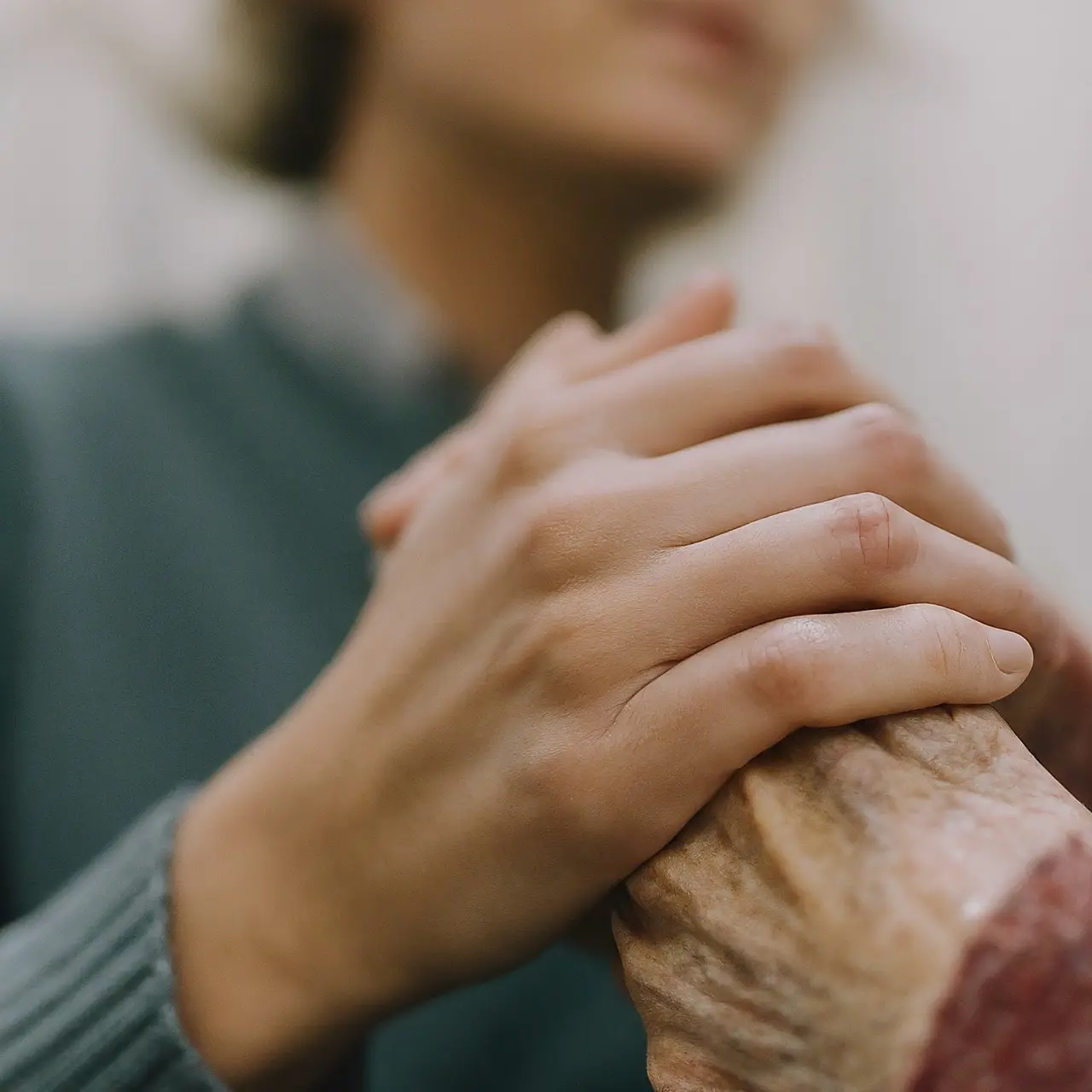The landscape of elderly psychiatric care is undergoing a remarkable transformation, thanks to groundbreaking treatments and approaches. These innovations not only promise to improve the quality of life for our elders but also offer a glimpse into the future of geriatric psychiatry.
The Evolution of Elderly Psychiatric Care
Historically, elderly psychiatric care has seen limited innovation, with treatment modalities largely mirroring those used for the general population. However, recent times have witnessed a paradigm shift. Researchers and clinicians alike are now focusing on the distinct needs of the aging population, leading to the development of treatments that are as nuanced as the patients they aim to help.
This shift towards specialized care is largely driven by an increased understanding of the intersection between aging and mental health. The recognition that psychiatric disorders can manifest differently in the elderly—often compounded by comorbidities such as dementia—has underscored the need for tailored approaches.
Understanding the Unique Needs of the Elderly in Psychiatric Treatment
At the heart of improving elderly psychiatric care is a deeper appreciation for the unique psychological and physiological challenges faced by older adults. These challenges include not only the spectrum of cognitive impairments but also the social and emotional issues brought on by life transitions such as retirement and bereavement.
Breakthrough Treatments in Geriatric Psychiatry
One of the most exciting advancements in geriatric psychiatry involves the adaptation and application of non-invasive brain stimulation technologies. Techniques such as transcranial magnetic stimulation (TMS) and electroconvulsive therapy (ECT), traditionally used in younger populations, are being refined to suit the elderly, offering hope for those with treatment-resistant conditions.
Pharmacogenomics—the study of how genes affect a person’s response to drugs—is another frontier in customizing elderly psychiatric care. This approach not only enhances efficacy but also minimizes risks, paving the way for safer, more effective treatment plans.
The Role of Technology in Enhancing Elderly Psychiatric Care
Technology is playing a pivotal role in transforming elderly psychiatric care. Telepsychiatry, digital health platforms, and AI-driven diagnostic tools are making mental health services more accessible and personalized for the elderly. Such technologies not only facilitate remote care but also empower patients and their families to take an active role in the treatment process.
Integrating Traditional and Modern Approaches for Optimal Care
In the realm of elderly psychiatric care, there is a growing emphasis on integrating traditional medical treatments with complementary and alternative medicine (CAM) approaches. From mindfulness-based stress reduction to geriatric-specific yoga classes, these holistic treatments are gaining traction for their ability to enhance mental well-being without the side effects associated with pharmacotherapy.
Patient and Family-Centered Care in Geriatric Psychiatry
A pivotal trend in elderly psychiatric care is the shift towards a more patient and family-centered approach. Recognizing the integral role of family in the well-being of elderly patients, practitioners are increasingly involving family members in the treatment plan. This collaborative approach not only improves outcomes but also strengthens support networks, a critical component in the management of psychiatric conditions in older adults.
The Future of Elderly Psychiatric Care: Trends and Innovations
Looking forward, the trajectory of elderly psychiatric care is marked by a commitment to innovation. From advancements in pharmacology and non-pharmacological treatments to the integration of new technologies and holistic care models, the future promises a more dignified, effective approach to supporting the mental health of the elderly.
Looking Ahead: The Bright Future of Elderly Psychiatric Care
As we’ve explored the myriad advancements in elderly psychiatric care, it’s clear that the future holds great promise. From leveraging cutting-edge technologies to embracing holistic treatment models, the field is moving towards more personalized, compassionate care that addresses both the mental and physical well-being of the elderly. As these innovations continue to evolve, they open up new horizons for improving the lives of those in the twilight years, marking a new era in psychiatric care.


